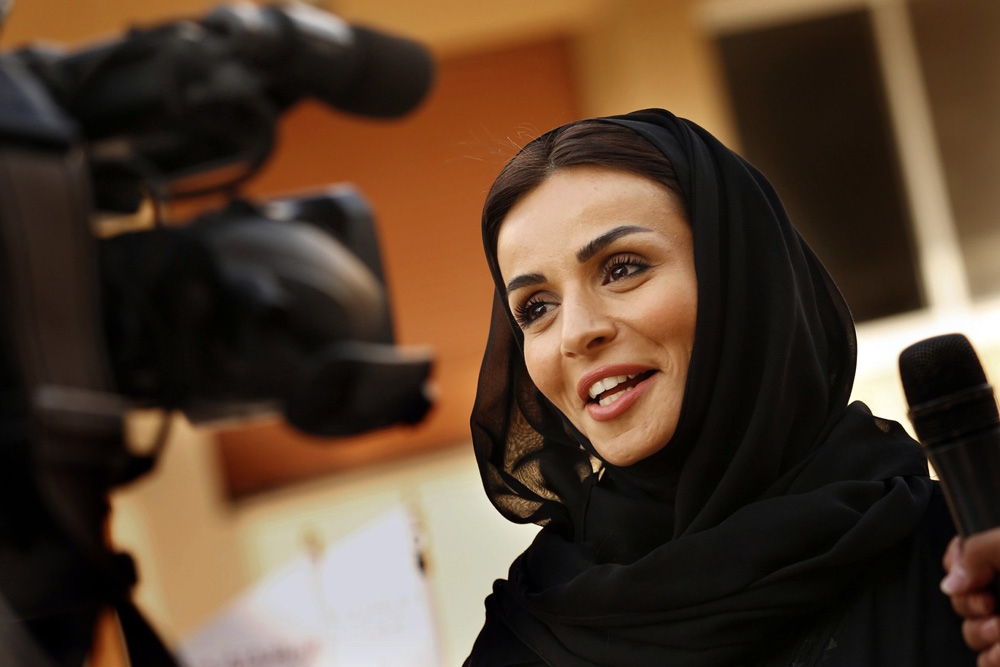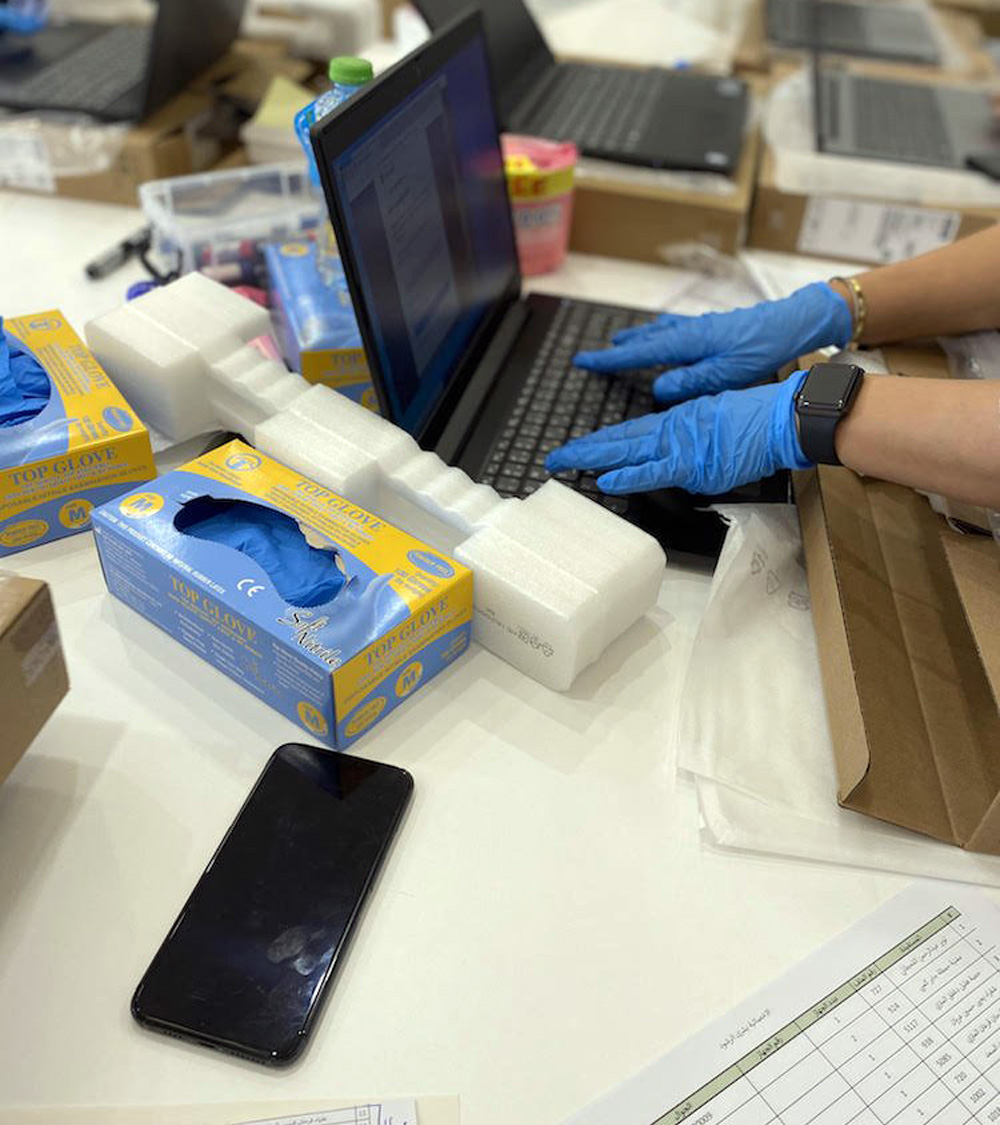
Since 1962, AlNahda Society for Women has been the backbone of women in disadvantaged environments and the pandemic was no exception. “Women are the caregivers, and so women are bearing the brunt of the adverse effects of the COVID-19 pandemic,” said Rasha Alturki, CEO of the Riyadh based association to Arab News.

“While Saudi Arabia’s percentage (of female frontline workers) may be slightly different, we’re still the caregivers and we have a large role to play at home, in the workplace and in the medical field.”
Covid-19 intensified socioeconomic woes and pressure on these women in Saudi Arabia. In the beginning of lockdown, the AlNahda team saw an increase in problems faced by women. “Our social workers were getting calls at 11 p.m. and throughout the night. Women are struggling with marital and sleep problems, legal and rent problems, loss of income, challenges accessing food and water, and home schooling their children. Imagine if you had to take care of four children and elderly parents, and also a husband at home who’s out of work," told AlTurki to Arab News.

Where does AlNahda come in and help?
The Saudi society operates on three levels of grassroots assistance, research and fieldwork, and advocacy, and draws an understanding of how women are affected. Amidst the pandemic, AlNahda provided vulnerable women with masks, sanitizers, financial assistance and connected them with other charities. What's more is that the society distributed 600 laptops to children in need to facilitate their online learning experience.
Under Saudi Arabia's G20 Presidency, AlNahda was entrusted to lead the Women 20 (W20), which is an official G20 group dedicated to women's issues. Even under the exceptional circumstances due to Covid-19, the W20 continues to hold virtual meetings and hold safe activities, which all work towards the W20 Summit in Riyadh in October 2020.

















